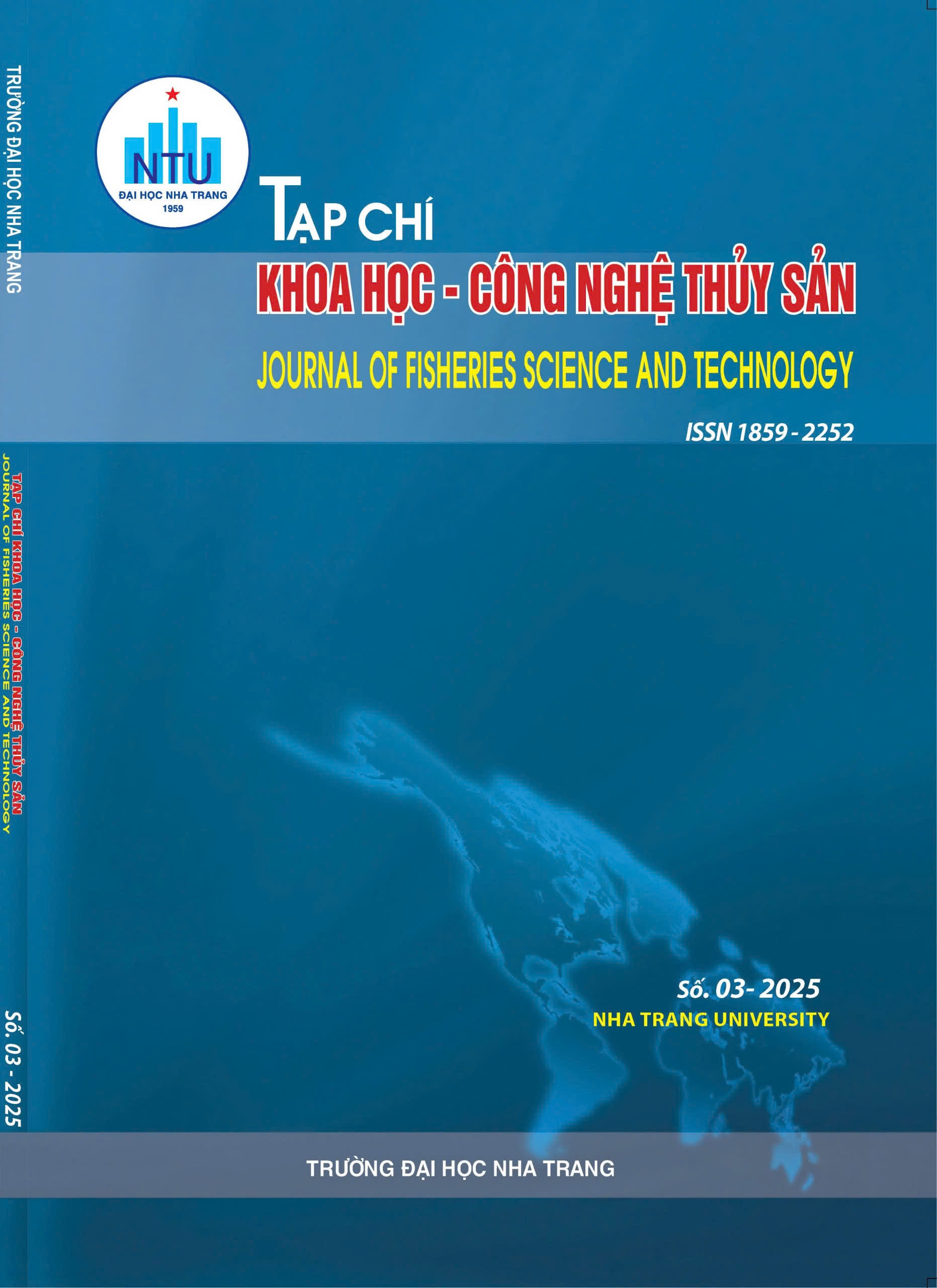##plugins.themes.huaf_theme.article.main##
Abstract
This study utilized shotgun metagenomics to evaluate the impact of supplementing a probiotic mixture (Lactobacillus acidophilus and Bacillus subtilis) on the gut microbiota of Pacific white shrimp (Litopenaeus vannamei). The 84-day experiment involved two treatments, a control group and a probiotic-supplemented group. Results revealed significant changes in the shrimp gut microbiota. Regarding species composition, probiotic supplementation notably reduced the abundance of Vibrio – a key pathogen in shrimp aquaculture. Functional metagenomic analysis indicated that probiotics promoted the activity of various beneficial metabolic pathways, including the biosynthesis of fatty acids, lipids, and amino acids, while also enhancing the degradation of aromatic compounds, thereby suggesting improved nutrient utilization and detoxification. Concerning antibiotic resistance genes (ARGs), a diverse array was found, with multidrug, tetracycline, and aminoglycoside resistance genes being predominant. However, statistical analysis showed no significant difference in the overall ARG composition between the two treatments, which could be attributed to insufficient dosage or duration, or the inherent stability and strong horizontal gene transfer potential of these genes in the aquaculture environment. These findings reinforce the role of probiotics in improving shrimp health and provide valuable insights into the ARG reservoir in aquaculture.
Keywords: metabolic pathway, gut microbiota, antibiotic resistance genes, shotgun metagenomics, Pacific whiteleg shrimp

